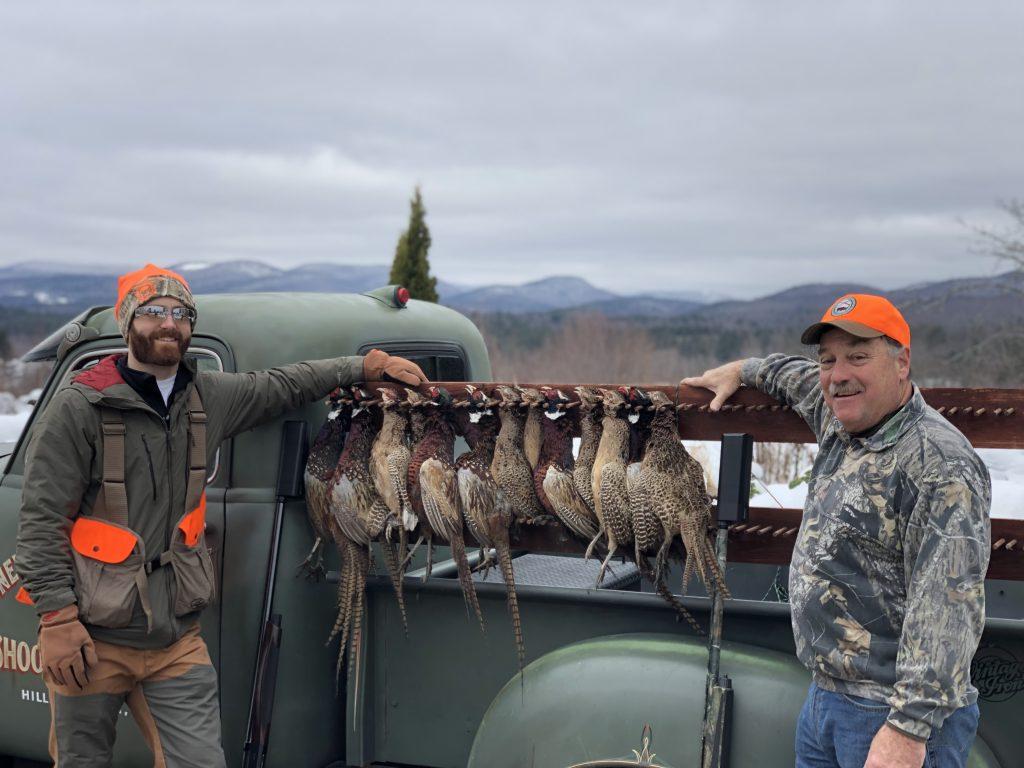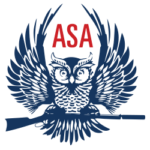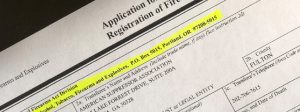Montpelier, VT – Last week, in a bipartisan effort, Rep. George Till (D-Chittenden) and Rep. Patrick Brennan (R-Chittenden) introduced two bills that seek to legalize the use of suppressors while hunting in the state of Vermont: House Bill 56 and House Bill 80. Both pieces of legislation, which are backed by the American Suppressor Association (ASA), have been referred to the House Committee on Natural Resources, Fish, and Wildlife.
Suppressors are legal to own in 42 states. Since 2011, three states, including Vermont, have legalized suppressor ownership, and 18 states have legalized suppressor hunting. Vermont and Connecticut are the only two states that allow civilians to own suppressors, but do not allow their use in the field. If enacted, H. 56 or H. 80 will bring Vermont in line with the 40 states that currently allow hunters to use suppressors in the field.
“Suppressor hunting is good, common sense policy that will help protect the hearing of hunters for generations to come,” said Rep. Brennan. “Make no mistake: suppressors don’t silence anything, but they do reduce the noise to safer levels. Don’t take my word for it though – take the CDC’s. According to them, the only effective way to reduce noise exposure from gunfire is by using a suppressor. The next generation of hunters doesn’t need to lose their hearing like I did. I just wish the opportunity to use suppressors had been afforded to me before it was too late.”
Representative Brennan is entirely correct. In a 2011 study, entitled “Noise and Lead Exposures at an Outdoor Firing Range – California”, the Centers for Disease Control and Prevention (CDC) stated, “The only potentially effective noise control method to reduce students’ or instructors’ noise exposure from gunfire is through the use of noise suppressors that can be attached to the end of the gun barrel. However, some states do not permit civilians to use suppressors on firearms.” In a similar study from 2014 on noise exposure at shooting ranges, NIOSH recommended, “If feasible and legally permissible, attach noise suppressors to firearms to reduce peak sound pressure levels.”
According to multiple studies, between 70 to 80 percent of hunters never wear traditional hearing protection devices like earplugs or earmuffs while hunting, largely because they want the ability to hear their surroundings. These same studies found that just over half of recreational shooters reported consistently wearing hearing protection during target practice (Stewart et al, 2011).
“Hollywood’s depiction of suppressors might be entertaining, but it has no basis in reality,” said Knox Williams, Executive Director of the American Suppressor Association. “What is real is that hearing loss related to recreational firearm use is a widespread issue that suppressors can help fix. We applaud Representatives Till and Brennan for leading the charge in a bipartisan manner to help protect the hearing of the hunters in the great state of Vermont. We look forward to working together to ensure that future generations of sportsmen and women in the Green Mountain State are able to more effectively protect their hearing while in the field.”
There are many benefits to using a suppressor, including:
- HEARING PROTECTION: Noise induced hearing loss and tinnitus are two of the most common afflictions for recreational shooters and hunters. Everyone knows that gunfire is loud, but very few people understand the repercussions that shooting can have on their hearing until it’s too late. Suppressors reduce the noise of a gunshot by an average of 20 – 35 dB, which is roughly the same as earplugs or earmuffs. By decreasing the overall sound signature, suppressors help to preserve the hearing of recreational shooters, hunters, and hunting dogs around the world.
- SAFER HUNTING: Most hunters do not wear hearing protection in the field because they want to hear their surroundings. The trouble is, exposure to even a single unsuppressed gunshot can, and often does, lead to permanent hearing damage. Suppressors allow hunters to maintain full situational awareness, while still protecting their hearing. The result is a safer hunting experience for the hunter, and for those nearby.
- NOISE COMPLAINTS: As urban developments advance into rural areas, shooting ranges and hunting preserves across the country are being closed due to noise complaints. Although it can still be heard, suppressed gunfire helps mitigate noise complaints from those who live near shooting ranges and hunting land.
- ACCURACY: Suppressors reduce recoil, and help decrease muzzle flinch. These benefits lead to improved accuracy, better shot placement, and more humane hunts.
Although legal in 42 states, suppressors have been federally regulated since the passage of the National Firearms Act of 1934. Currently, prospective buyers must send in a Form 4 application to the ATF, pay a $200 transfer tax per suppressor, undergo the same process that is required to purchase a machine gun, and wait months for ATF to process and approve the paperwork. In stark contrast, many countries in Europe place little to no regulations on their purchase, possession, or use.
ABOUT THE AMERICAN SUPPRESSOR ASSOCIATION
The American Suppressor Association (ASA) is the unified voice of the suppressor industry. Our mission is to unite and advocate for the common interests of suppressor manufacturers, distributors, dealers, and consumers. To accomplish our mission, our principal initiatives focus on state lobbying, federal lobbying, public education, and industry outreach.
For more information on how you can join the ASA, and help protect and expand your right to own and use suppressors, please visit www.AmericanSuppressorAssociation.com.











